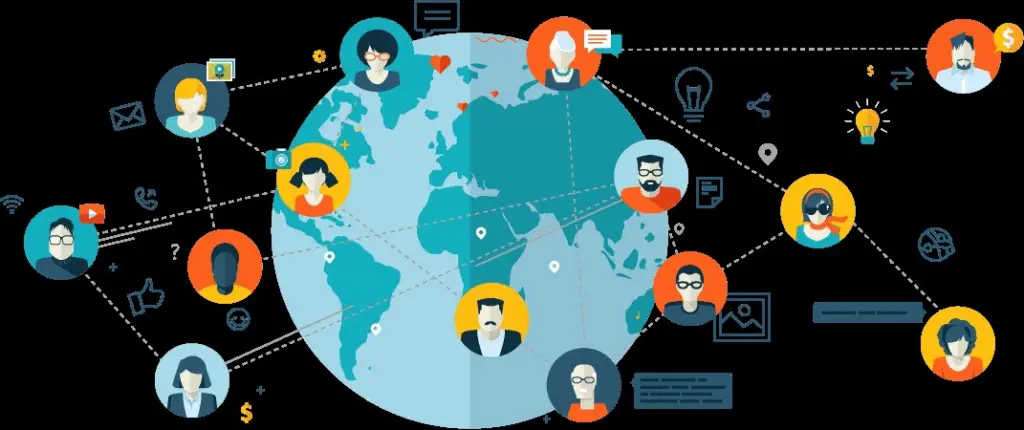
Businesses involve a lot of processes. These processes can take a lot of time, depending on the work involved in it. They include; collection and retrieval of customer data, data entry, marketing, sales, among others. In order to speed up these business processes, CRM software can be integrated into the business.
CRM systems come in various forms, from basic ones that serve as databases for storing information, to more complex ones with various integrations. They can either be SaaS solutions or self-hosted open-source CRMs.
There are various ways that CRM can transform business process organization when put in place in a business and help you to avoid wasting time on processes that can easily be handled, and focus on more urgent business processes. Business owners go to creatio.com when they need to know more about CRM definition. Customer Relationship Management systems can help to transform a business process organization in the following ways:
1. Easy and convenient client outreach
With CRM, finding the right customers will be a simple task. CRM will track down only the potential customers to convert the marketing leads to sales. The CRM process involves the CRM keeping a record of your clients, such as their purchasing trends, sales, and their likes and dislikes. With this, you can contact them with the exact message that they want to hear. Your business, therefore, gets an organized client outreach process that is relatively fast and efficient. The whole process is automated and more accurate as human error coming from manual systems is eliminated.
2. Inter-departmental Collaboration
CRM will enhance the collaboration of your business departments. This comes about by the fact that the departments communicate and share your prospects data from the CRM system, and they all have to play their part in the service of the prospect. Whether it is the marketers, salespeople, or the customer support staff, they all have to work together to satisfy the demands of the prospects in order to turn the prospect into a customer. With proper coordination of the departments, the business processes are carried out in an organized fashion.
3. Data management
As a file cabinet, CRM organization is another way through which it eases business processes. CRM’s major role in this area is the gathering and organization of as much information as possible about clients and prospects. The major inputs are emails, a list of contacts, address books, planning of events, and their execution and lastly documents. The major outputs from the system are the reports of the status of the client and the prospect and a summary of their activities. Having an organized database provided by a CRM system saves on the time taken to collect and manage these types of data and thus gives more time to be used on other business processes that cannot be automated for a smoothly organized business environment.
4. Sales information tracking
CRM software enables sales representatives to manage their deals and carry out all their communications on sales from one central place. By linking CRM with your business tools such as calendar, email, sales proposals and automated marketing software, the people selling for you do not have to waste their time or effort changing from one program to another. CRM provides updated information on all the current deals that are in progress and helps the manager of sales to coach his or her team and track the performance of individual sales representatives.
5. Improved customer relationship
CRM improves efficiency in the serving of clients. As already stated, CRM systems are very helpful in keeping customer records. These records can be used by your business to get to know your customers properly, and therefore you can be able to serve them faster because you already know what they prefer, how they spend, and the number of times that the customer has interacted with your business. Even if he or she only searched for it on the web. Having enough knowledge empowers your employees, and they become more engaged. The result is both happy customers and employees. When employees are happy with their work, then they will carry themselves with competence in all the work they do in your business, including business processes. Your business and its processes will be organized and function as intended.
General, with CRM in your business, your business processes will be optimized, carried out faster, and well organized.










